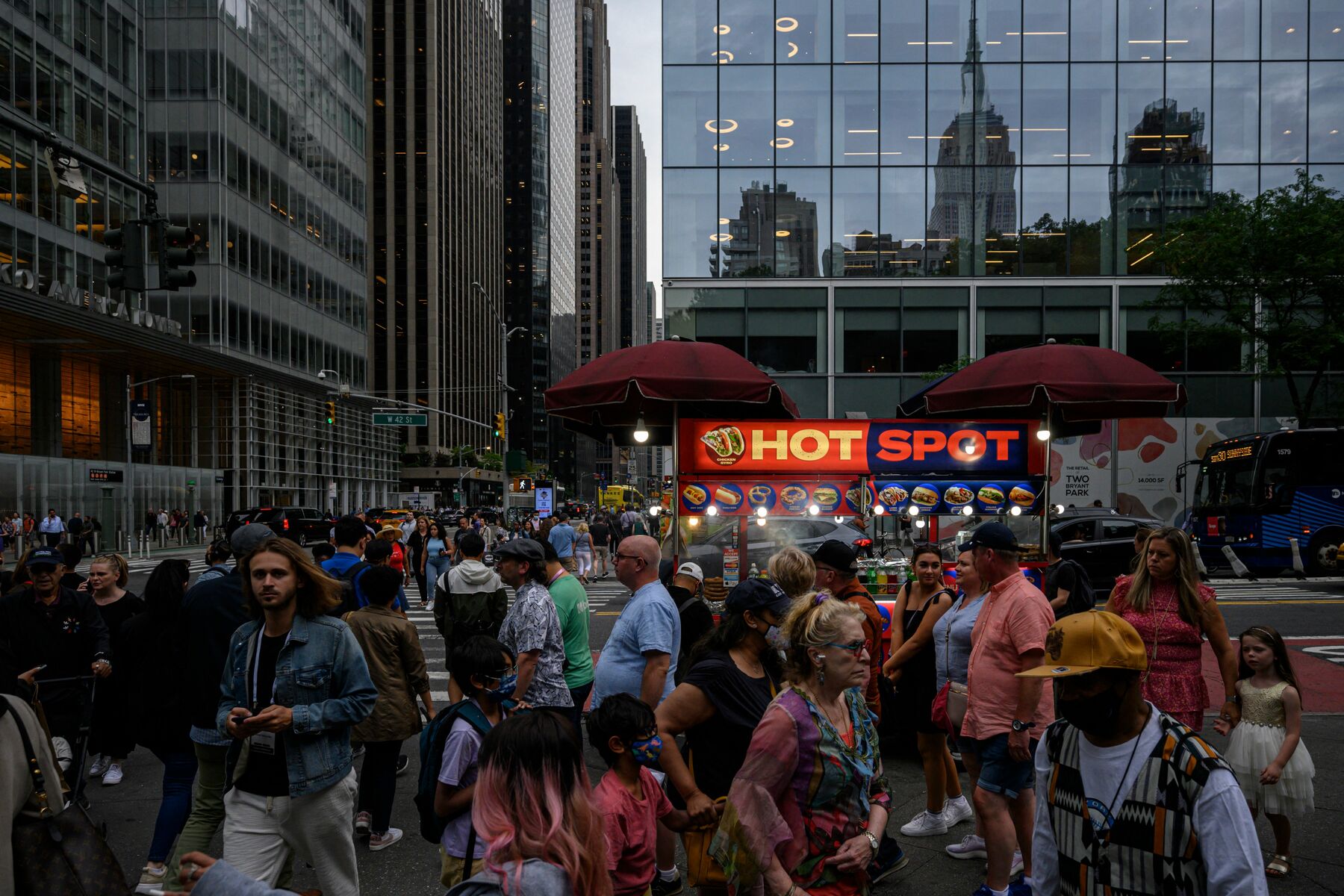August marks the 20th consecutive month of job growth for women, and the data suggests more are reentering the workforce, but Black women are decreasing their participation.
The new Bureau of Labor Statistics (BLS) data released Friday shows that women gained 92,000 of the 315,000 total jobs that were added to the economy in August, though they remain down a net 98,000 jobs since February 2020, prior to the onset of the coronavirus pandemic. Men have recovered all their net job losses and have gained 338,000 net jobs since February 2020.
The report shows an increase in unemployment for women overall, from 3.1 percent to 3.3 percent. Rather than indicating a higher number of women without jobs, though, the increased rate reflects the number of women who have moved from not looking for work to searching for jobs, said Emily Martin, vice president for education and workplace justice at the National Women’s Law Center.
The report shows that 152,000 more women ages 20 and over joined the labor force, which includes all people who are either working or looking for work. But though White women, Latinas and Asian women over the age of 20 all increased their participation in the labor force from July to August, Black women decreased their participation by 45,000, meaning more Black women this month are not working and are not looking for work. Black women were the only group to have their unemployment rate increase and their labor force participation decrease in August.
This difference highlights hurdles that many Black women face with getting sustainable work opportunities as the economy recovers from the pandemic, Martin told The 19th. “Sometimes Black women are the canary in the coal mine, and their unemployment rates and their labor force participation rates can be a signal of some weakness in the economy.”
Reports examining the effects of the pandemic on workers have also found that women of color, particularly Black women have faced a disproportionate level of stress and wage gaps that have prompted them to leave their jobs.
Black women saw a sizable increase in labor force participation between the months of April and May, but it has declined each month since. It’s unclear what may be driving the drops in participation, though the struggling child care industry could be a contributing factor. The child care sector gained 2,800 jobs in August 2022, but the net loss since February 2020 is 88,300 jobs.
Throughout the pandemic, many women have also been forced to leave work due to a lack of child care options. One 2021 study by researchers at Columbia University found that Black, Latinx and Asian families felt closures of child care facilities more acutely.
The return of public school also means a return of child care for many families. But even as women’s overall participation in the workforce grows, teachers — disproportionately women — are not coming back to public schools. BLS numbers show a net loss of 363,000 local public educators since February 2020.
Teachers have come under increasing pressure in recent years, as states and school boards have passed new policies on curriculum and the discussion of social issues, all as they — and their students — grapple with the fallout from the COVID-19 pandemic and the continued specter of school shootings. The stresses can be exacerbated for teachers who are women of color: During the 2020-2021 school year, for example, nearly half of Black teachers surveyed by researchers with the RAND corporation reported that they were likely to leave their jobs by the end of the school year, compared with 25 percent of teachers overall who said the same. The overall loss of teachers, though, may not tie directly to Black women’s labor force participation.
School districts have tried to retain staff or fill the gaps by raising pay or loosening requirements, but many vacancies remain. Education is one of several women-dominated sectors, including nursing and child care, that are still reeling from the COVID-19 pandemic and the recession.






